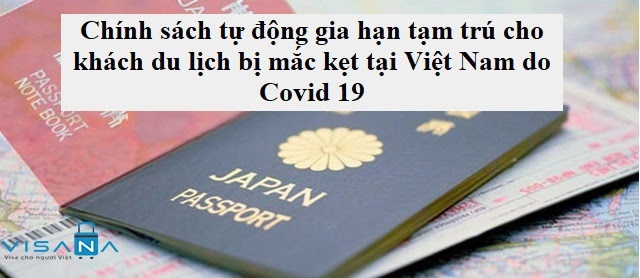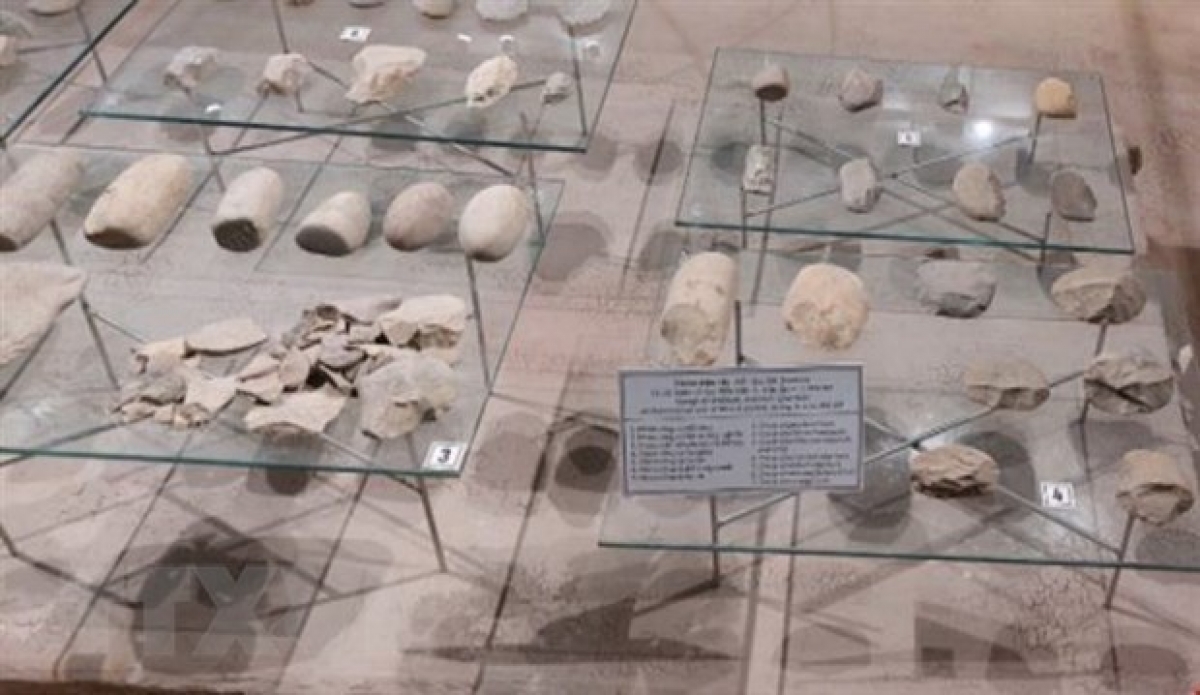
Photo for illustration (Source: bienphong.com.vn)
In line with this policy, foreigners who entered the nation on visa waivers, e-visas or tourist visas after March 1, 2020, are entitled to an automatic extension until September 30. Indeed, they will be able to depart the country without having to apply for an extension, reported VOV.
For those who entered the nation before March 1, 2020, the same automatic extension until August 31 can be considered, subject to provision of proof that the person is actually stranded in the country due to COVID-19.
This must be accompanied by a diplomatic note with Vietnamese translation from relevant diplomatic missions, or a written document from relevant Vietnamese authorities confirming that the person must undergo mandatory quarantine or treatment for COVID-19, or proof of other force majeure.
Foreign citizens are required to present the diplomatic note or a written document regarding their departure from the country.
During their “automatic stay extension” period, foreigners are required to complete temporary residence and health status declarations.
Vietnamese agricultural products favoured in choosy EU market
Amidst difficulties caused by the COVID-19 pandemic, the export of agricultural and aquatic products to the EU still sees many bright signs as Vietnamese enterprises have directly exported fresh fruits to foreign partners, reported VNA.

Vietnamese longan (Photo: VNA)
According to the Ministry of Industry and Trade, in the first seven months of 2021, the EU was Vietnam’s third biggest market after the US and China, with a total export turnover of 22.6 billion USD, up 15.6 percent year-on-year.
Of the 28.6 billion USD worth of export revenues of agro-fishery-forestry products, the EU market accounted for 11 percent.
The year 2021 is considered an important milestone when fruits such as fresh litchi and longan are directly exported to Western European countries such as the Netherlands, Belgium, France, Germany, and the UK by Vietnamese companies. It is noteworthy that Vietnam’s fresh litchi is sold not only in the Asian supermarket or stores but also European supermarket chains.
A representative of the Vietnam Trade Office in Belgium and the EU said that to help Vietnamese goods better access the EU market, it will coordinate with the Department of Agricultural Product Processing and Market Development under the Ministry of Agriculture and Rural Development to make a list of prestigious fruit processing and exporting enterprises across the country to connect with partners, and continue looking for new ones in the EU.
The office proposed localities pay more attention to calling on domestic exporters to closely link with households and businesses and cooperatives to promote production with Global GAP certification, and support exporters to ensure the smooth circulation of commodities.
Regarding the export of aquatic products to the EU market, a representative of the Vietnam Trade Office in Spain advised exporters to fully meet technical standards on food safety and hygiene from catching, preserving to processing and transporting so as not to violate current food safety regulations of the EU in general and Spain in particular.
The EU and Spain are increasingly interested in the social responsibility of enterprises in producing and exporting goods of the third countries.
Over 6,300 artifacts excavated at Yen Bai’s archaeological site
According to Yen Bai provincial museum, more than 6,300 artifacts, have been found in excavations at the archaeological site Ben Mau A in Van Yen district, Yen Bai province, since September 2000.

Over 6,300 artifacts excavated at the archaeological site Ben Mau A in Yen Bai province. (Source: VOV)
VOV reported that the unearthed objects include mainly include stone tools, numbering over 1,000.
Through the findings, archaeologists believe that Ben Mau A is one of the few open-air stone sites in North Vietnam that are valuable for research on characteristics of the stone technology and culture.
During their excavations in 2000, scientists also discovered raw pottery in the pre-Dong Son period and the Le Dynasty, and stone axes belonging to the post-Neolithic - early Metal Age.
These show that Ben Mau A is not only a residential area of prehistoric people through many periods, but also a site witnessing a transition from the Son Vi to the Hoa Binh civilisation, which is very important for researching the relationship between the two in the Red River basin.
If the hypothesis that this is the area of prehistoric people can be proven, this will be very important information, marking a big change in the production organisation and division of labour of prehistoric people, according to Dr. Ben Marwick from the University of Washington in the US.
Findings from excavations in 2015 show Ben Mau A is an outdoor prehistoric site belonging to the Hoa Binh civilisation which existed at the late Pleistocene to early Holocene in Northern Vietnam.
This site has a stable and undisturbed stratigraphy which can serve the long-term research purpose in the future./.